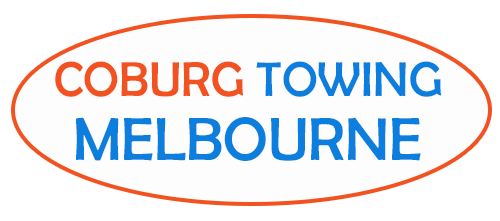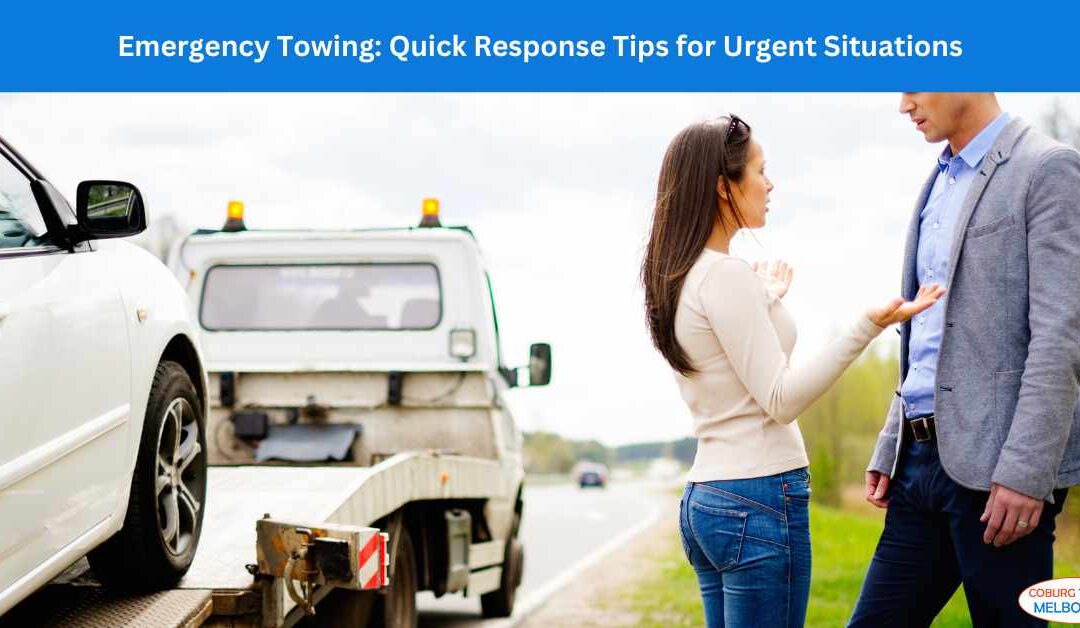In sudden roadside emergencies, knowing how to respond quickly and effectively can make a world of difference. Emergency towing is essential for handling vehicle breakdowns, accidents, or unexpected obstacles on the road. Here’s a guide to help you manage these high-stress moments, so you know how to react if you find yourself needing emergency towing services.
1. Stay Calm and Assess the Situation
The first rule in any emergency is to remain as calm as possible. Take a few deep breaths, assess the situation, and make sure you’re safe. Turn on your hazard lights to alert other drivers, especially if your vehicle is in a dangerous spot like on a busy highway. If possible, move your vehicle to a safer location such as a shoulder or side street.
Quick Tip: Keep an emergency kit in your car that includes a flashlight, first aid supplies, reflective triangles, and basic tools. These can be invaluable when dealing with sudden roadside issues.
2. Evaluate Whether You Need Emergency Towing
Not all car issues require emergency towing. For instance, if you have a flat tire and the necessary tools, changing it yourself could be quicker. However, if there’s a significant mechanical failure, smoke coming from under the hood, or if you’re involved in an accident, it’s time to call a tow truck.
Quick Tip: Familiarize yourself with the signs that indicate a tow is necessary, such as engine overheating, transmission issues, or electrical failures. If you’re unsure, it’s usually safer to call for help.
3. Choose the Right Towing Service
When it comes to emergency towing, speed and reliability are key. Many towing companies offer 24/7 services, but it’s essential to find one that is known for prompt responses and professionalism. Research reliable towing companies in your area and save their contact information in your phone so you can reach out immediately when needed.
Quick Tip: Look for towing companies that offer specialized services, such as flatbeds or winching, if you drive a specialty or larger vehicle like an SUV, motorcycle, or commercial van.
4. Provide Clear Information to the Towing Company
When you call for a tow, give the dispatcher as much detail as possible. This includes:
Location: Provide an exact address or landmark if you can. This will help the tow truck find you quickly.
Vehicle Details: Make and model of your car, and any special requirements (e.g., if you need a flatbed for an all-wheel drive vehicle).
Nature of Emergency: Mention whether your car was in an accident, has a flat tire, or if there are other hazards nearby.
Quick Tip: If your phone has a mapping app, use it to share your precise location with the towing company. This will help them locate you even faster.
5. Wait in a Safe Location
After calling for help, make sure you and any passengers are safe. If your vehicle is in a risky spot, such as the middle of a busy road, consider moving to a safer location away from traffic. Ideally, stay close to your vehicle but maintain a safe distance from traffic lanes and other potential hazards.
Quick Tip: Avoid standing behind or in front of your vehicle, especially if it’s still on the road. Position yourself where you’re visible but safe from oncoming traffic.
6. Prepare for the Tow Truck Arrival
When the tow truck arrives, be ready with the keys and any necessary documents. If you’re using a third-party towing service, double-check the company’s name and logo to avoid scams or unauthorized service providers. Reputable tow trucks should have identifiable markings, and the driver should introduce themselves and verify your request.
Quick Tip: If you have roadside assistance through your insurance or an auto club, confirm with them before accepting the tow to ensure coverage.
7. Communicate Your Preferred Destination
Most towing companies will take your vehicle to a nearby auto shop, but if you have a preferred mechanic or repair location, inform the driver. If it’s a longer distance than the standard towing range, additional fees may apply, so clarify this upfront with the towing service.
Quick Tip: If your car needs repairs, let the towing company know in advance so they can suggest local mechanics or repair shops if you don’t have one in mind.
8. Confirm Payment and Keep Receipts
Before the tow truck departs with your vehicle, confirm the payment method and any applicable charges. Most towing companies accept cards, but it’s helpful to confirm if cash is required or if additional fees apply for after-hours services. After payment, keep any receipts, as these might be useful for insurance claims or if your insurance provider reimburses towing costs.
Quick Tip: Familiarize yourself with the average towing rates in your area to avoid overpaying. Some insurance plans or credit cards include roadside assistance, which may reduce your out-of-pocket costs.
Conclusion
Emergency towing situations can be stressful, but by following these steps, you can stay in control and ensure your safety and peace of mind. Being prepared with the contact info of a reliable towing service and knowing how to assess the situation can make a difference when time is of the essence. Remember, staying calm and organized will help you get through any roadside emergency smoothly and safely.
If you are in Coburg, Victoria 3058, Australia, and looking for a car removal service, this is the best way to visit us.
Coburg Towing Melbourne
31 Cameron St,
Coburg VIC 3058
03) 9999 7525


Recent Comments